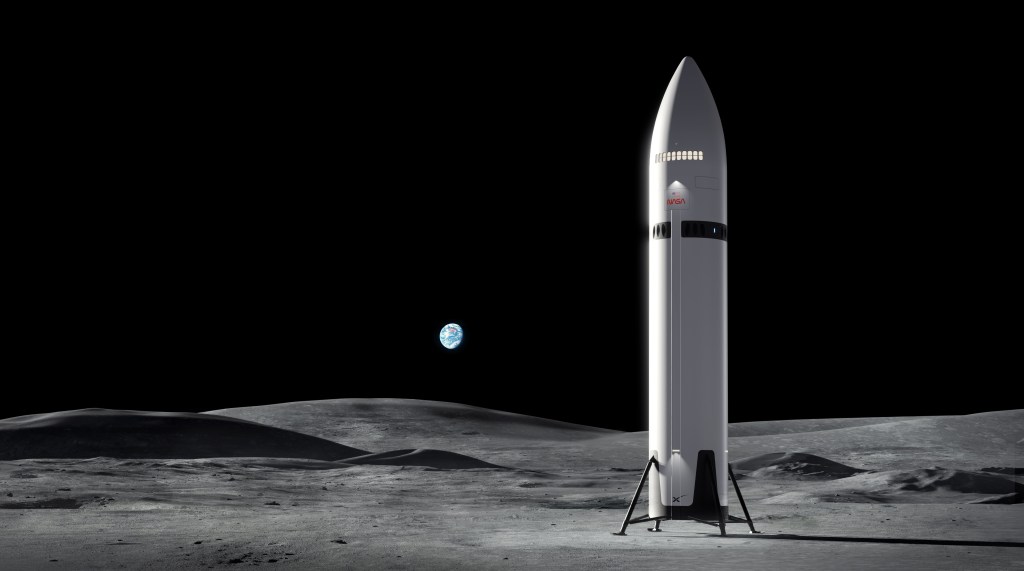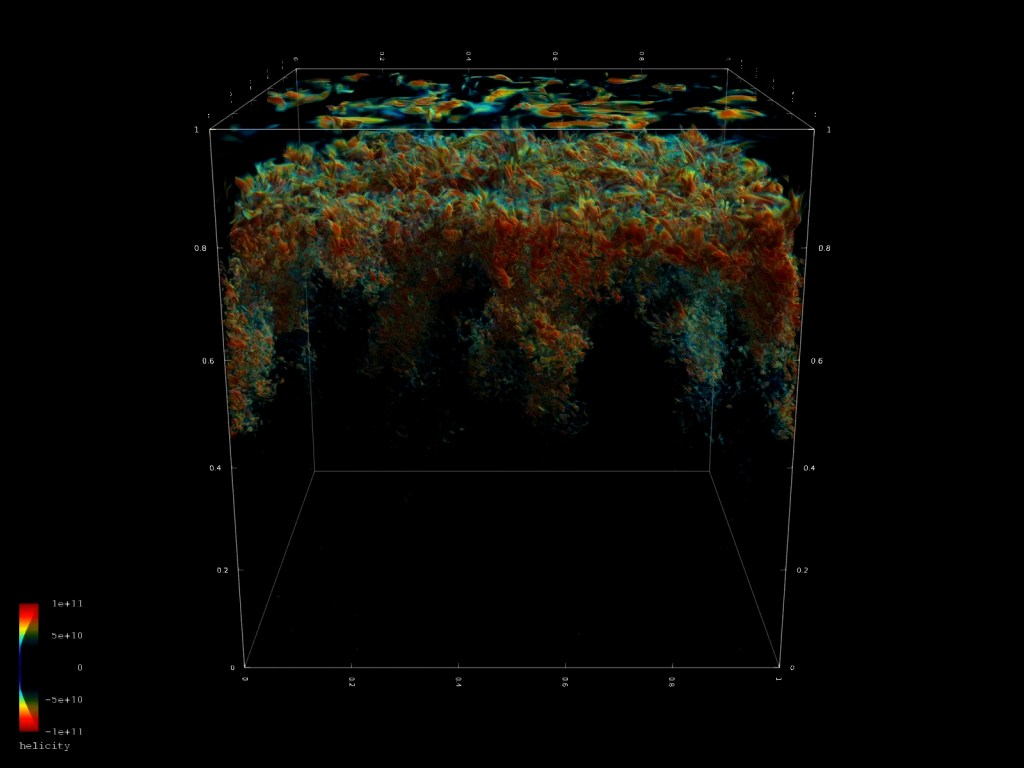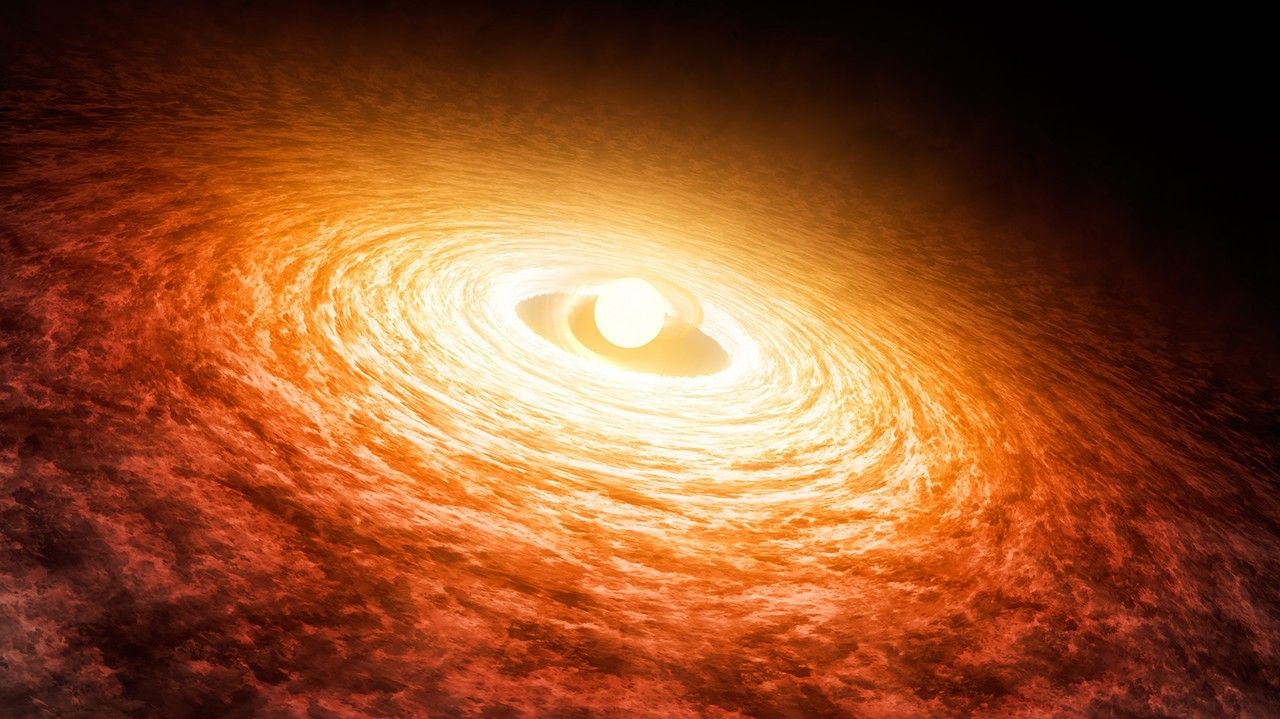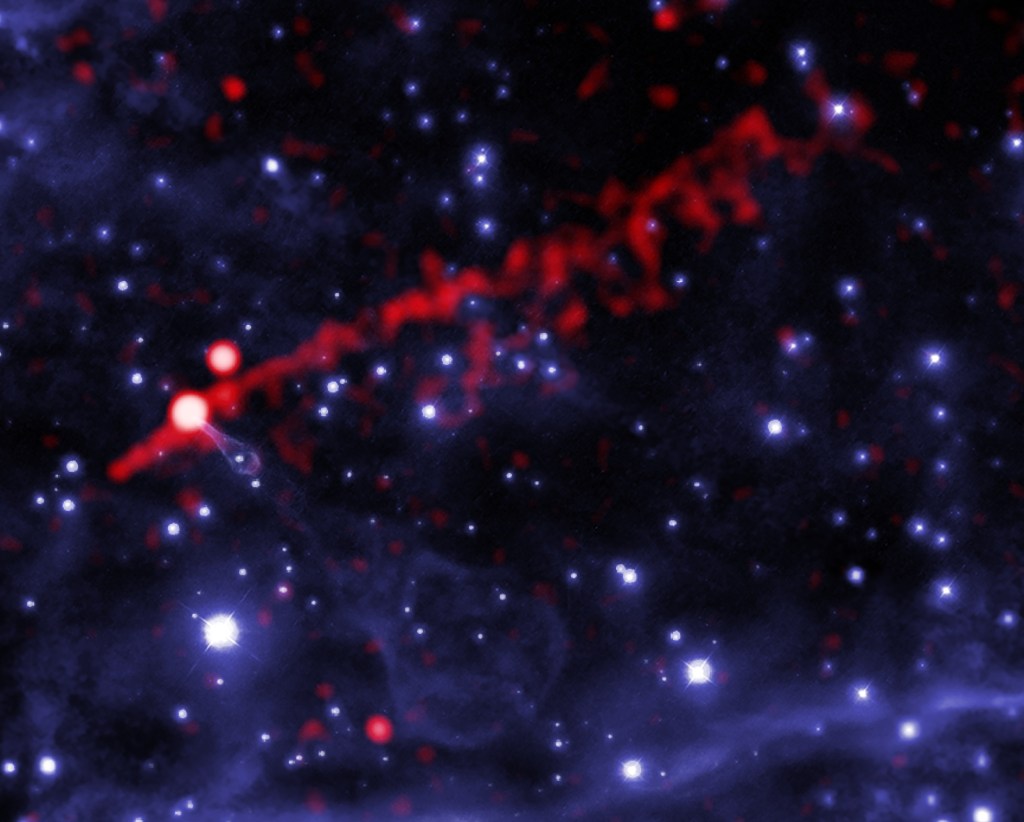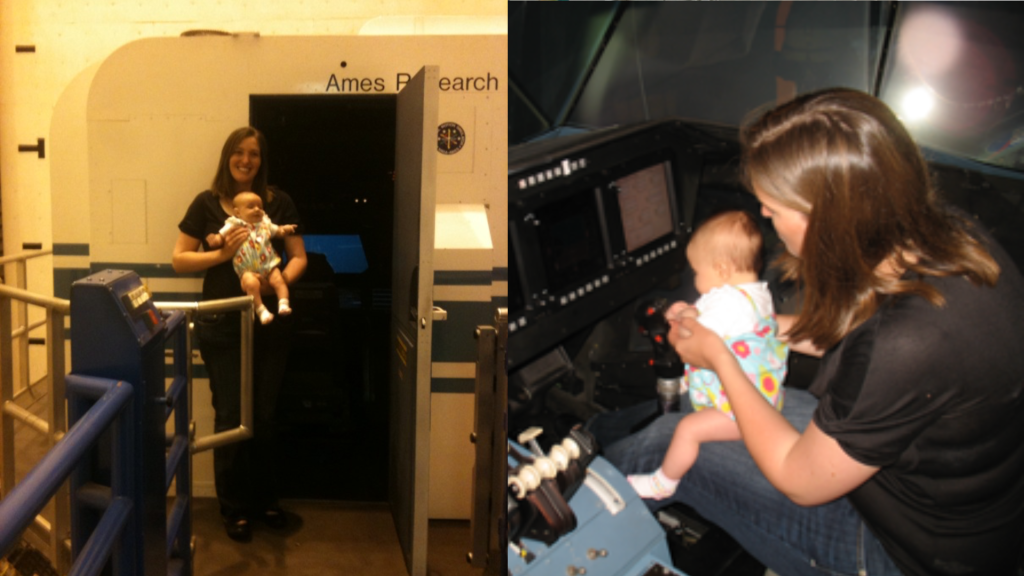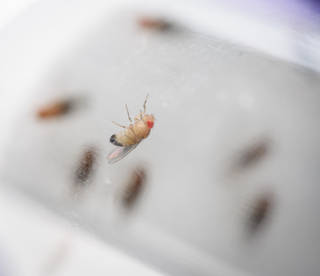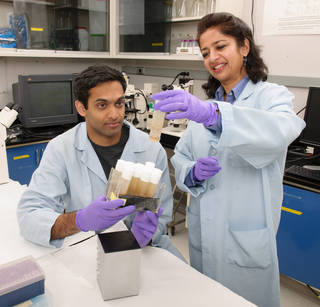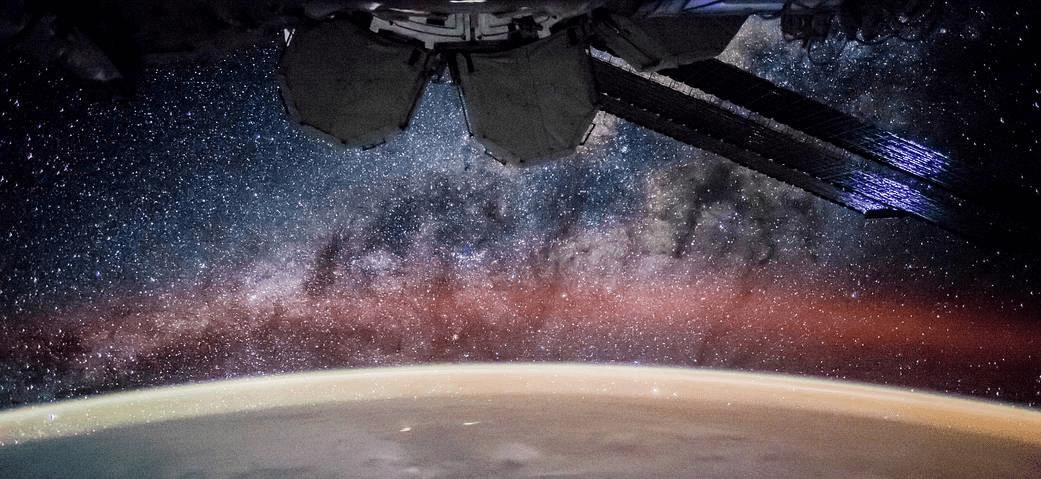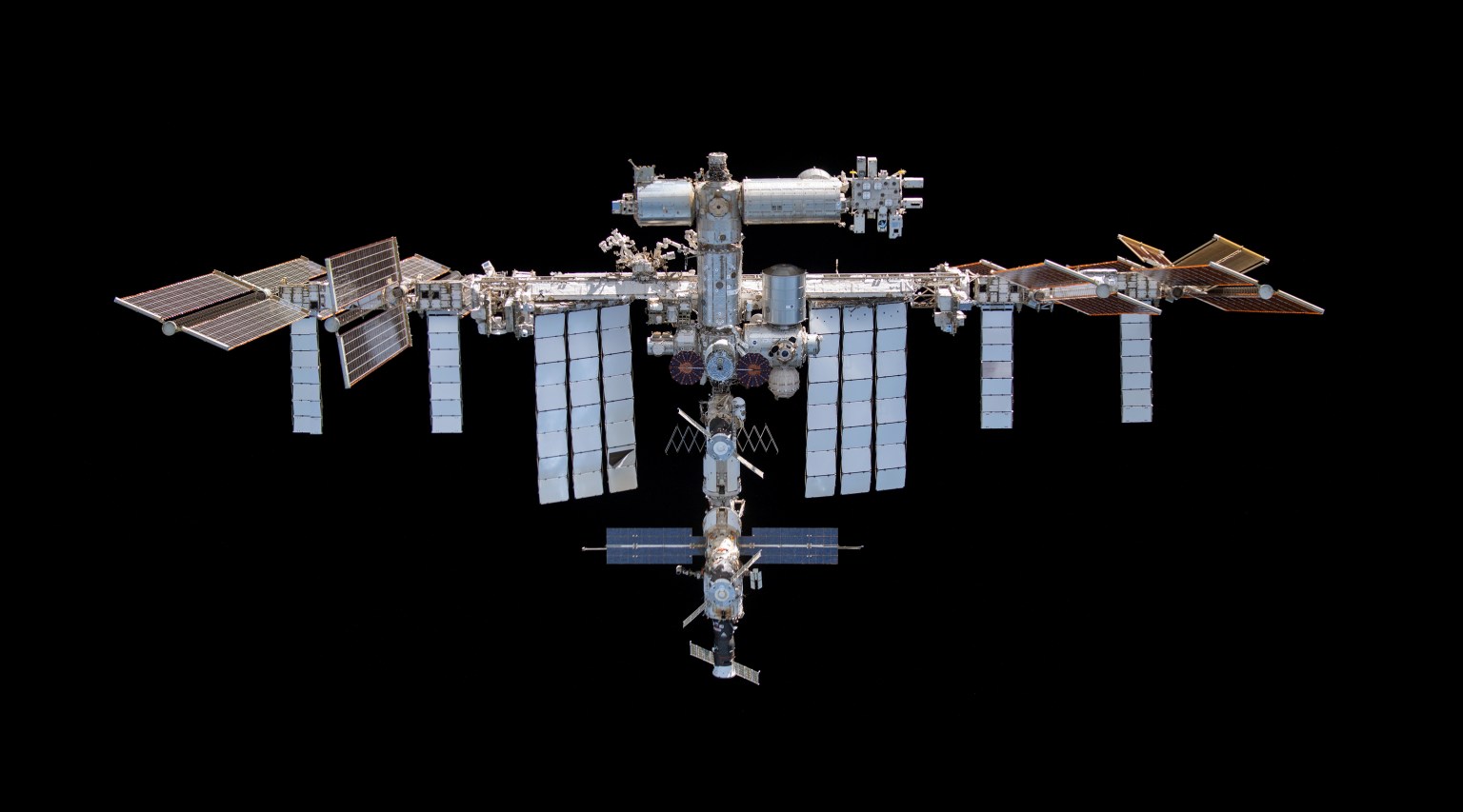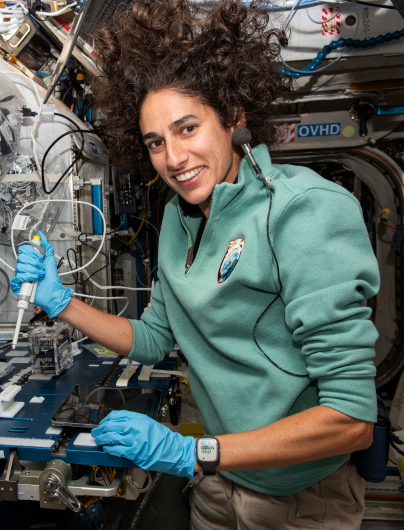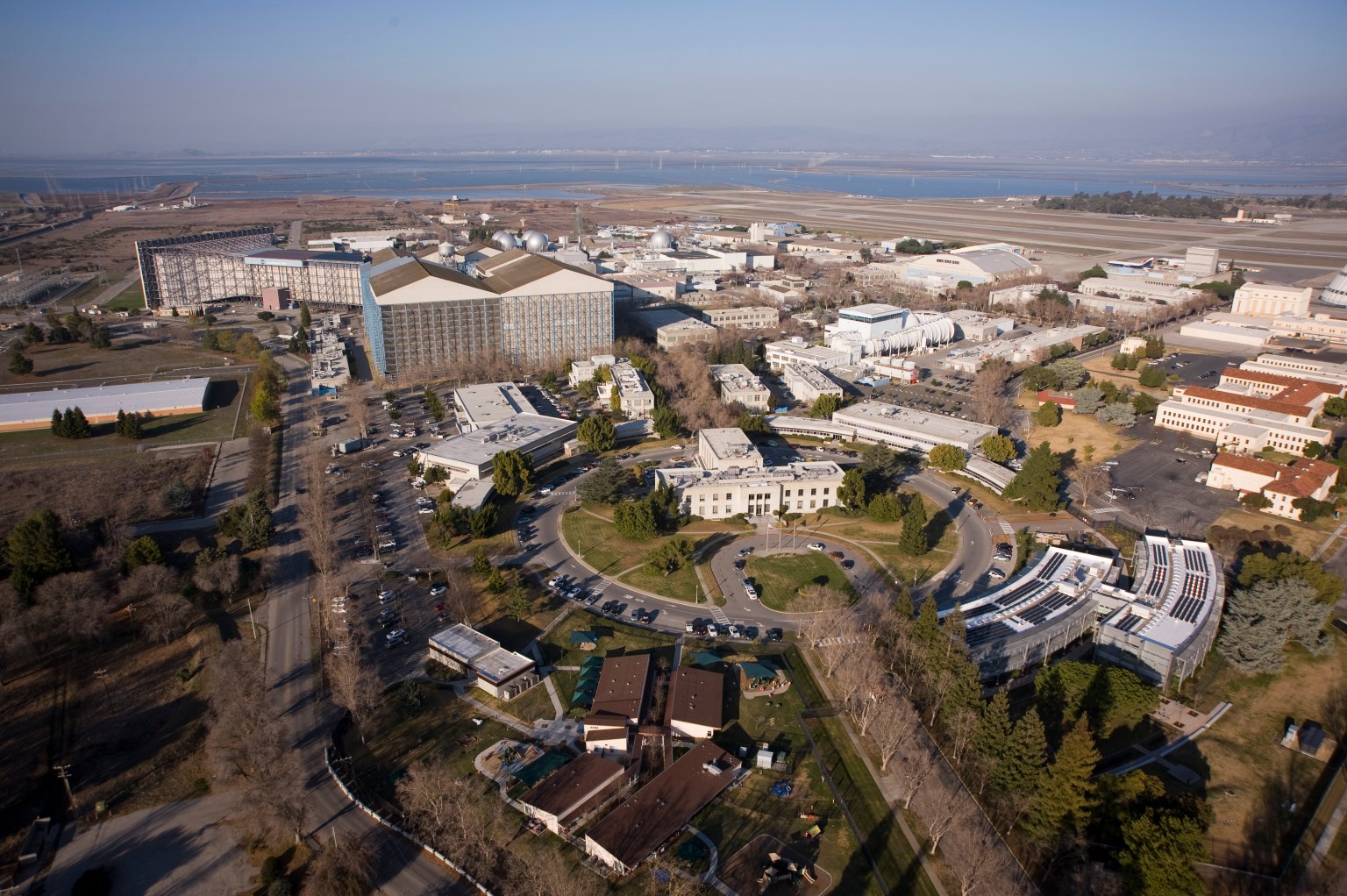HEART FLIES (SpaceX-3)
Heart Effect Analysis Research Team conducting FLy Investigations and Experiments in Spaceflight
HEART FLIES is the first investigation to use the fruit fly, Drosophila melanogaster, to study the effects of spaceflight on the structure and function of the heart. The establishment of a spaceflight Drosophila model for studies of the cardiovascular system addresses one of the highest priority research areas to support future long duration human spaceflight.
The Drosophila model is excellent for studying development, function and aging of the cardiovascular system. Many of the genetic and molecular mechanisms involved in heart development and function are remarkably well conserved between flies and mammals, and sophisticated assessments of Drosophila heart function and structure can be performed.
In the HEART FLIES study researchers will compare groups of flies that spend approximately one month in space with flies that remain on the ground. Included in the study are two wild type (normal) strains of fruit flies and a genetic strain that is predisposed to abnormal heart rhythms. The researchers will also study the impact on the cardiovascular system of feeding flies a high fat diet versus a normal diet.
The investigators will evaluate heart rhythm, contractility, pumping function, and heart muscle structure in both space flown and ground control flies, and they will also characterize the effects of spaceflight on gene expression patterns in heart tissue. Peter H.U. Lee is the principal investigator. Lee was at Stanford University at the time of the grant award, and now works in the Department of Surgery at Ohio State University Wexner Medical Center. Co-investigators of the study are Sharmila Bhattacharya of NASA’s Ames Research Center, Moffett Field, Calif., and Rolf Bodmer and Karen Ocorr of the Sanford-Burnham Medical Research Institute, La Jolla, Calif. This experiment is supported by Ames, Stanford University, the Sanford-Burnham Medical Research Institute, Nanoracks LLC., and the Center for Advancement of Science in Space (CASIS.) HEART FLIES was competitively selected for payload transportation to the space station by the Space Florida International Space Station Research Competition.
HEART FLIES launched to the International Space Station aboard SpaceX-3 on April 18, 2014.






